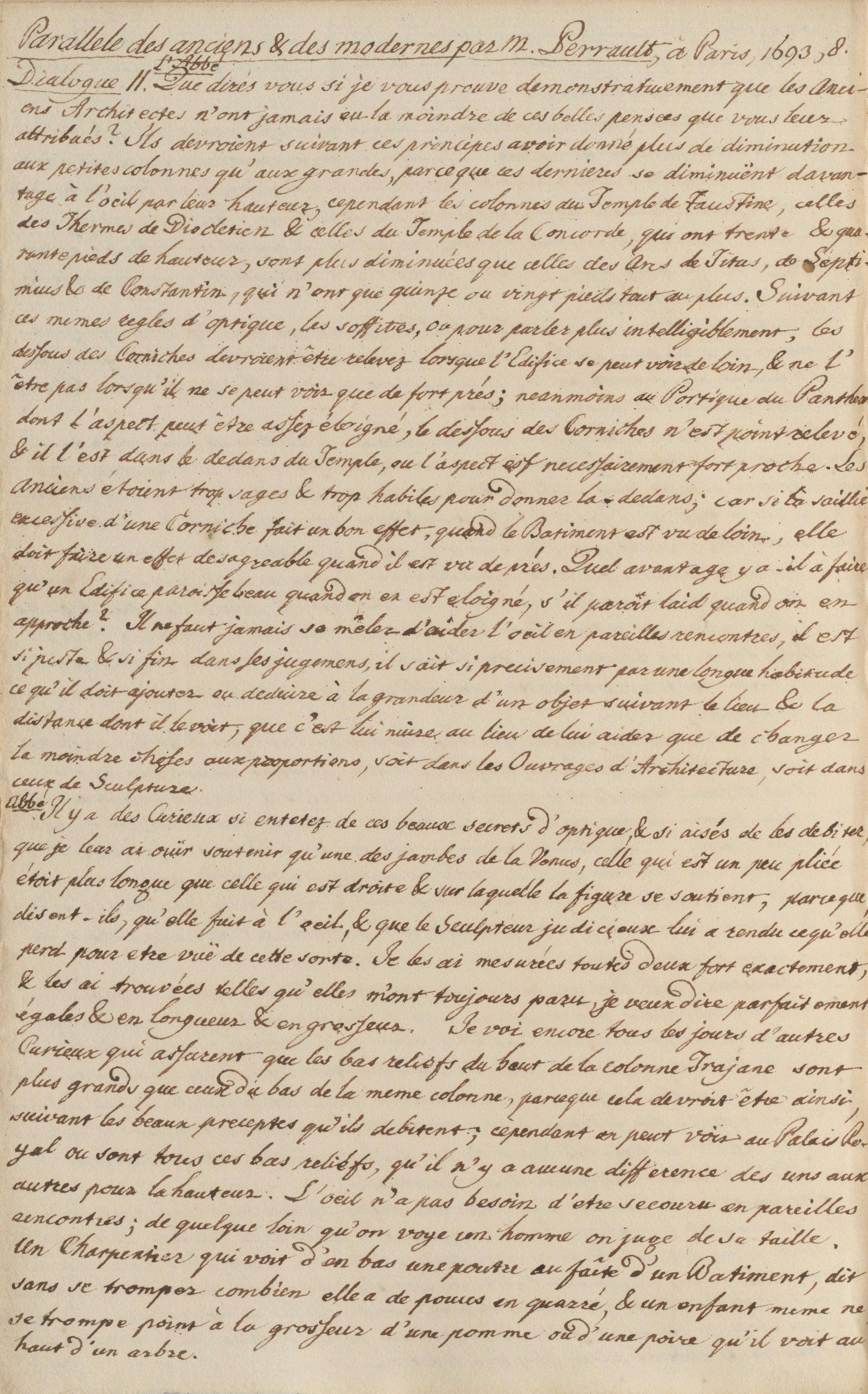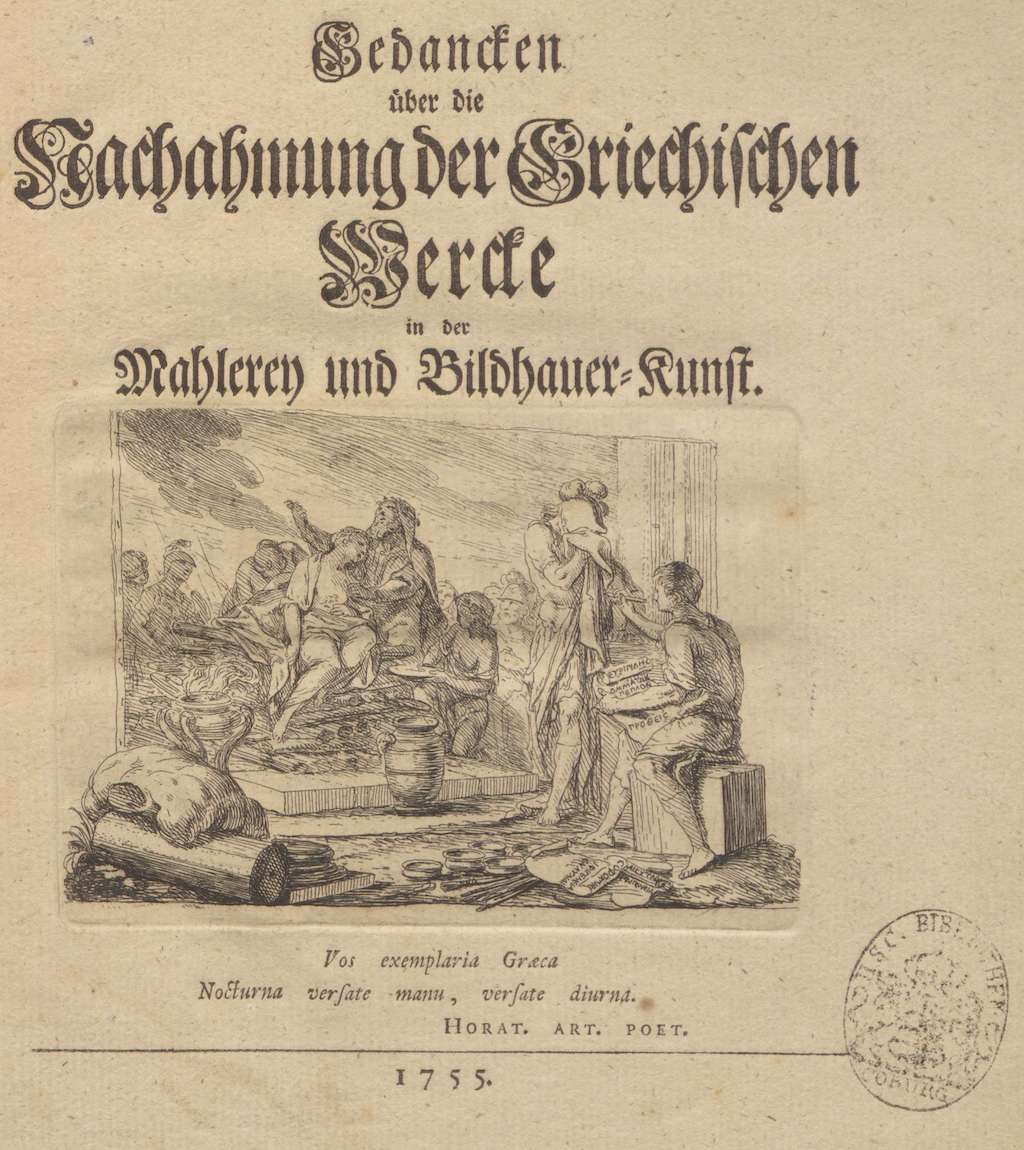Excerpts Website
Excerpt Portal of Winckelmann
https://exzerpte.tikube.informatik.uni-halle.de/
Project Description
The joint BMBF-funded project by the University of Halle-Wittenberg and the TU Darmstadt represents the first Digital Humanities project that focuses on the hybrid formation of the excerpt. The project highlights a reading and writing technique which has not been fully appreciated in terms of its impact on modern knowledge production, theory development and central issues related to authorship. The project aims to sharpen the focus on the central theoretical question of what exactly constitutes authorship and how authorship relates to what in modern times have been often considered as polar opposites, e.g. epigonality, reproduction and plagiary.
More
In hopes of directly contributing to the theoretical, methodological and technical advancement of Digital Humanities, the project pursues two concrete goals:
- Creation of a digital edition of a selected exemplary art-theoretical treatise, namely Johann Joachim Winckelmann’s Gedancken über die Nachahmung (Thoughts on the Imitation of Greek Works, 1st edition, 1755; 2nd expanded edition, 1756). By interlinking three corpora – sources that Winckelmann read, excerpts he made from these sources, and his published writings – the edition will make the long chain of text- and image-based transmission and transformation visible.
- Development of a digital methodology for locating semantic cross-references between a given collection of excerpts, the sources from which these were taken, and one or more works produced on the basis of these.
The long-term goal is to establish a permanent portal which will serve as a repository for excerpt collections and offer all the advantages of a digital edition, and thereby enable the hermeneutic evaluation of such documents. Many academics are still unfamiliar or unaware of the role such excerpt collections have played in literary, scientific and archival history. The aim of this project is to make these collections accessible to the greater public and, with the aid of digital analytical tools, generate new research findings. In this regard, Winckelmann’s example is considered the gold standard. The joint project comprises key components from the humanities and computer science (University of Halle-Wittenberg), closely interlinked with an integrative third component (TU Darmstadt) which reflects the theoretical and praxeological possibilities and limitations of a digital philology.
Sources
In keeping with an age-old scholarly practice, Winckelmann derived much of his archaeological and art-historical work from existing literature which he excerpted to an extensive degree. The sources he studied and interpreted range from works of antiquity to writings of the Renaissance and Baroque eras to contemporary publications from the 18th century, and thematically refer to practically all areas of scholarly knowledge of that period.
MoreExcerpts
Since his childhood, Johann Joachim Winckelmann had kept excerpt booklets in which he meticulously copied passages from books he had read – a common, age-old scholarly practice. In this way he produced a handwritten library which by the end of his life comprised some 7,500 pages.
MorePublished Work
Winckelmann’s first published work in 1755, Gedancken über die Nachahmung der Griechischen Wercke in der Mahlerey und Bildhauer-Kunst (Thoughts on the Imitation of Greek Works in Painting and Sculpture), can be considered the “founding document” of a new, nascent “Greco-Roman movement” of the mid-18th century (W. Barner).
More

